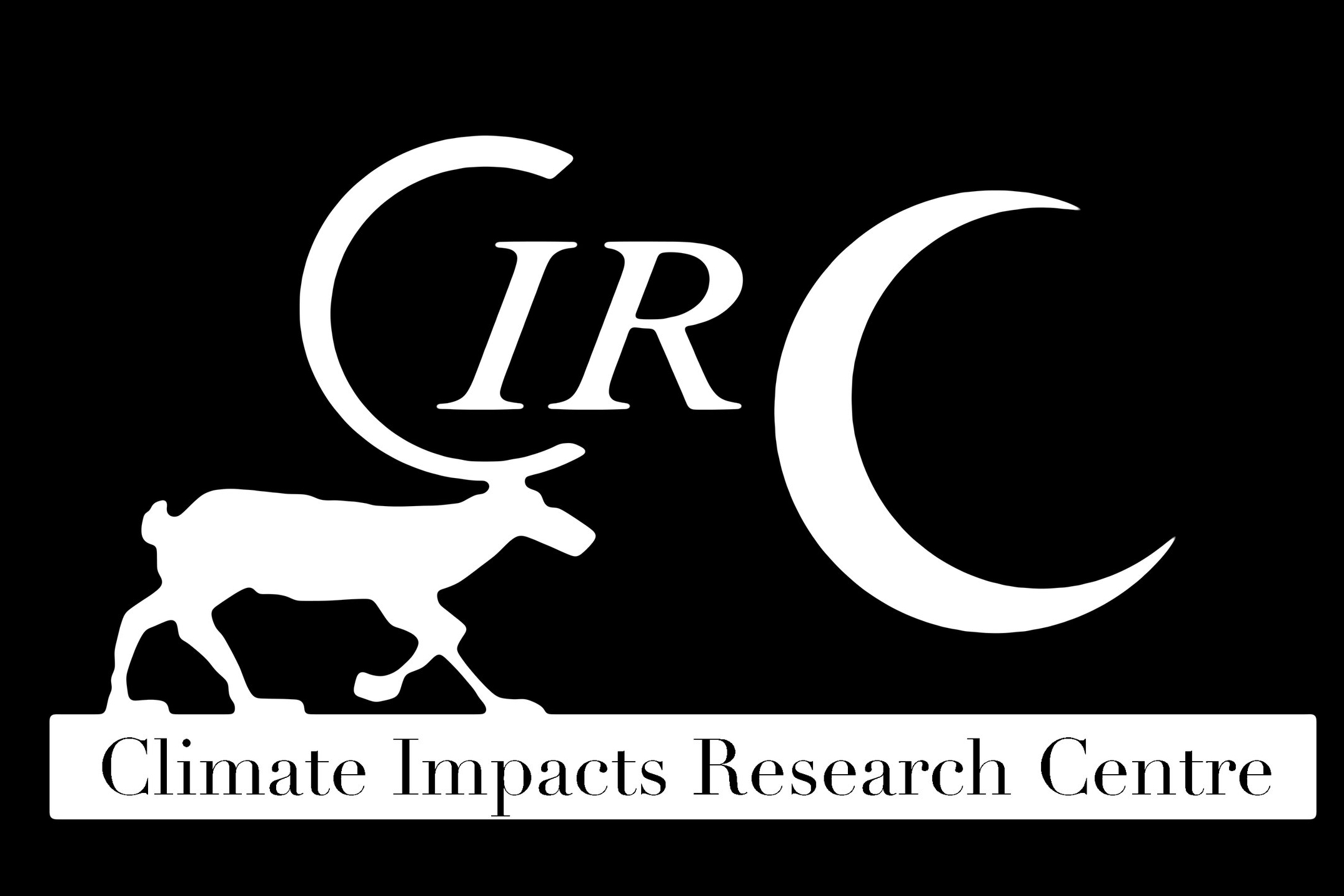Network: Warming and (species) Removal in Mountains (WaRM)
Project Summary
Rising temperatures associated with climate change is a major global political and socio-economical priority. The amount of carbon in the atmosphere regulates how much warming will occur globally, but the amount of carbon taken up and released from terrestrial ecosystems under warming remains uncertain in the models that predict future climates. Warming has a range of direct (e.g. changes in process rates) and indirect (shifts in dominant plant species, plant-soil interactions) effects on ecosystem properties and processes. In WaRM we study community and ecosystem responses to the direct and indirect effects of warming in a coordinated project that combines experimental warming and dominant plant species removal at high and low elevations among 10 globally-distributed gradients, including one in Abisko. We have five overarching objectives with this network: (1) To determine the relative influences of climate and interactions among species on biodiversity and ecosystem carbon dynamics. (2) To examine the patterns and processes that shape ecosystem function among disparate ecosystems. (3) To investigate whether the functional composition of plant communities determines how communities respond to warming and dominant species removal. (4) To assess whether functional traits can be used to improve predictions of how ecosystem function and community structure change in response to climate and climate change. (5) To leverage the results of these experiments to improve community land models to refine predictions about global carbon cycling.
WaRM Sites and PI’s
Sweden: Maja Sundqvist, Umeå University
USA: Aimee Classen and Nathan Sanders, University of Vermont
Greenland: Toke Thomas Høye, Aarhus University
Canada: Jennie McLaren, University of Texas at El Paso
Argentina: Mariano Rodriguez-Cabal, INIBIOMA, Universidad del Comahue, CONICET and M. Noelia Barríos-Garcia, CONICET, CENAC-APN
Tasmania: Mark Hovenden, University of Tasmania, Australia
New Zealand: Julie Deslippe, Victoria University of Wellington
China: Jin-Sheng He, Peking University
Switzerland: Christian Rixen, Swiss Federal Institute for Forest, Snow and Landscape Research, Sonja Wipf, WSL Institute for Snow and Avalanche Research SLF, Davos
France: Sandra Lavorel, Université Grenoble Alps
Funding
Formas
Göran Gustafssons Stiftelse för Natur och Miljö i Lappland
The Carlsberg Foundation
Kempe



